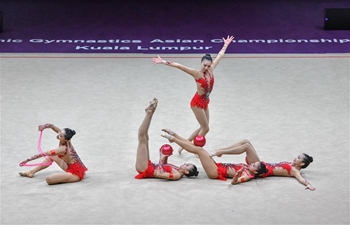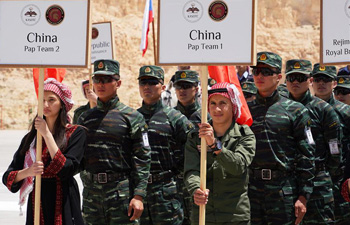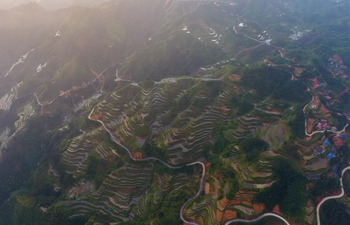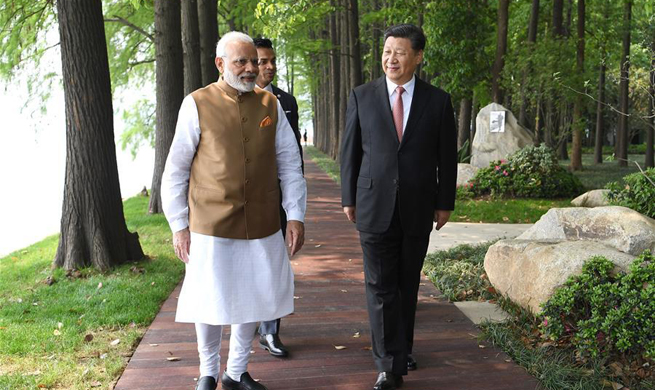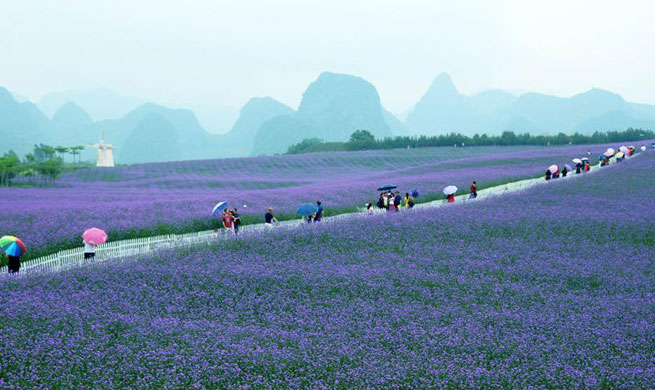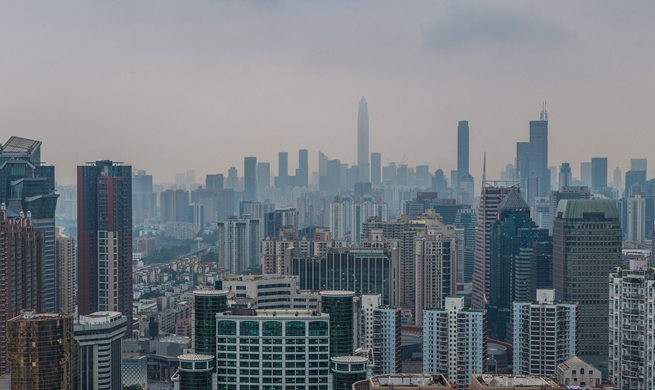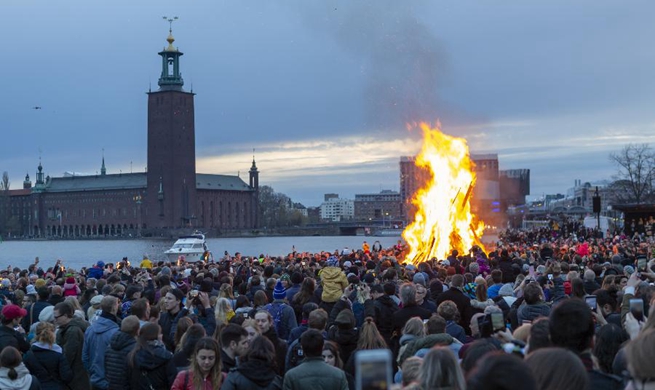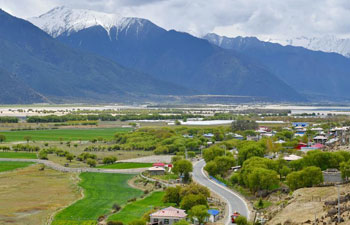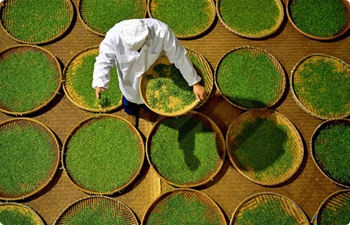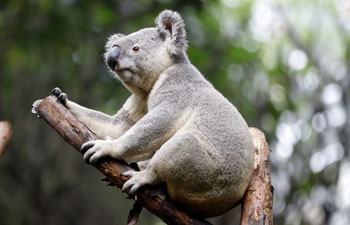TEGUCIGALPA, April 30 (Xinhua) -- From the lush peaks of western Honduras, coffee growers are exporting a coffee bean so sweet that it needs no sugar.
"Our coffee has the aroma and fragrance of caramel, ripe fruit and chocolate, with a very creamy body and a delicate acidity. In sum, a balanced coffee that does not need sugar," said Orlando Valle, the owner of Seis Valles coffee finca.
Seis Valles coffee plantation is located in the village of Inshuma on the western side of Honduras, which is specializing in what's known as "microlot" coffee -- a small and exclusive batch of beans harvested and processed separately.
Valle told Xinhua that growers used to process high-quality beans in an artisanal way for themselves, but are now marketing the product.
Seis Valles is preserving a rich coffee-growing tradition as well as innovating by applying the latest technology to harvest coffee beans so mellow that requires nothing to enhance its flavor, said Valle.
"We would cut the ripe bean, dry it in the sun, and grind and toast it simply on a clay comal. Today we do the same in principle, but with the latest technology," said Valle, who has more than 35 years of experience in the field and is regarded as an area pioneer of microlot coffee.
Thanks to this development, "western Honduras awoke like a sleeping giant ... when we realized that we had incredible potential," added Valle.
According to the Honduran Coffee Institute, Germany, Belgium and the United States are the leading buyers of Honduran coffee, followed by France, Italy, Britain, Canada, Holland, South Korea and Sweden.
Some 51 percent of the country's coffee beans are exported by multinationals, 47 percent by national companies and 2 percent by cooperatives.
The 2016-2017 harvest amounted to 9.5 million quintals, generating more than 1.3 billion U.S. dollars in revenue, and 9 million quintals of beans are expected to be exported this year.
"Starting last year, we began to ship microlot coffee to Australia," said Valle, adding: "We don't rule out strategic partnerships abroad."
While bean prices have been falling, he said, interest in touring the plantations and seeing firsthand how coffee is harvested is on the rise.
"It's nice for someone to come learn about the whole process, because (in) that way, whenever they take a sip of coffee, it will have greater flavor," said Valle, who works as a barista at the family business.





